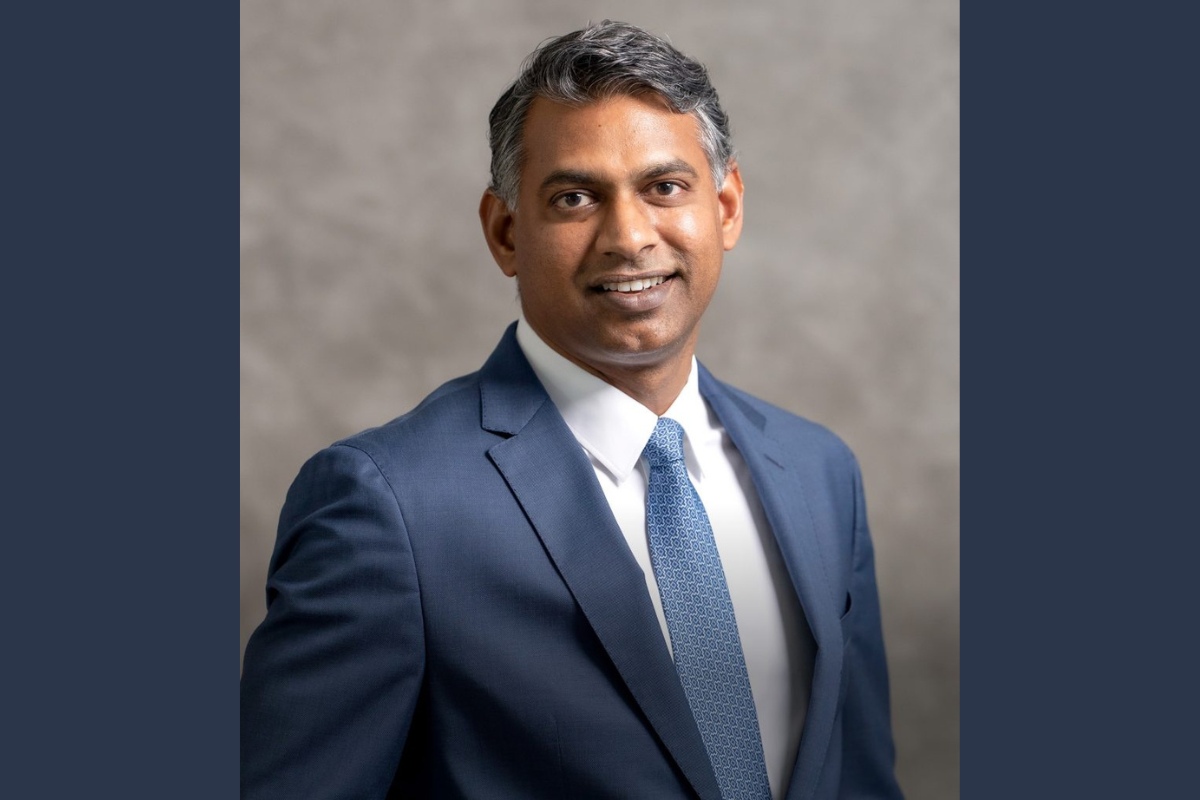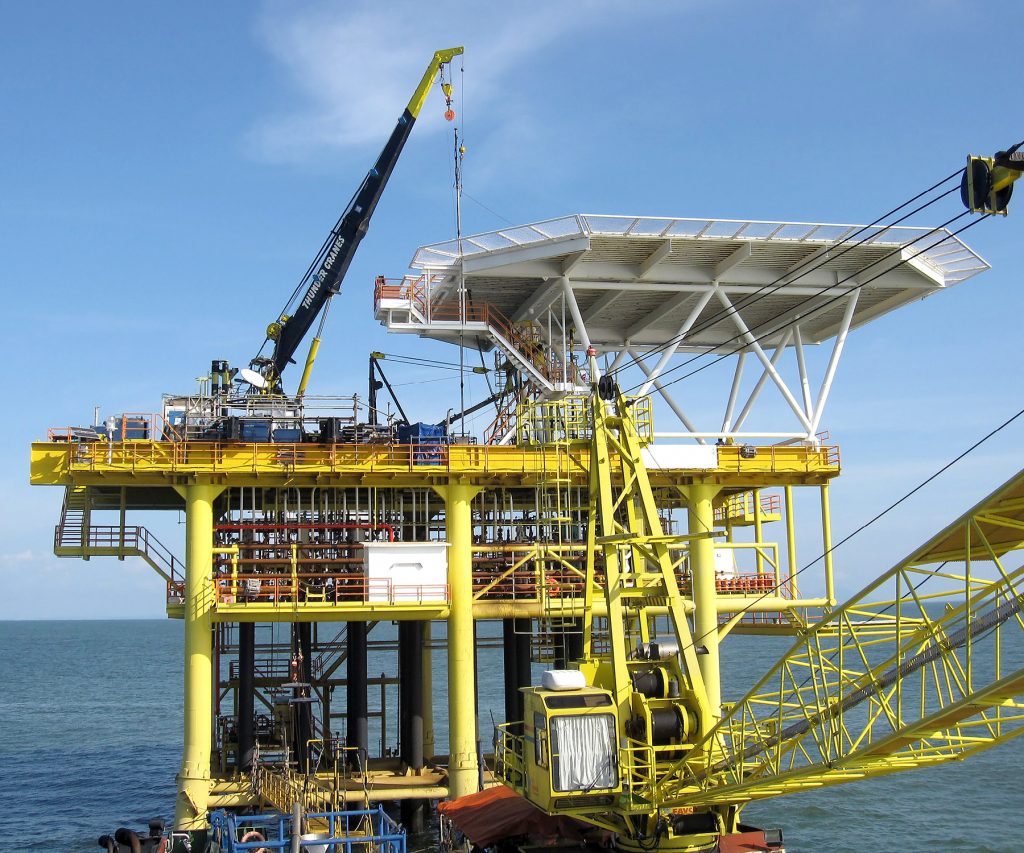Castles in the Sea: Dinesh Arumugam
The offshore oil and gas industry is cyclical and requires strategy, says Thunder Cranes CEO Dinesh Arumugam. It also needs a product and world-class service that will blow others out of the water.
Who isn’t impressed by oil and gas platforms? They are colossal masses of iron and steel floating in the open ocean, yet perfectly stable – a feat of technological innovation. However, every part of their operation is impossible without cranes to lift, stabilize and support them.

Dinesh Arumugam took on the role of CEO at Thunder Cranes in 2021 but has been in the oil industry for decades – his expertise as sleek as liquid gold, his experience as vast as the seabed.
He has worked in operations with Malaysian oil and gas company PETRONAS, with international oil field service company Schlumberger and American drill bits manufacturer Smith Bits, and has delved into exploration, production, abandonment and decommissioning.
"I basically tick all the boxes, and I’m able to use that experience to take Thunder Cranes to a different level," he tells The CEO Magazine.

Not many clients are aware of this service and not many companies are able to offer it.
Arumugam describes the sales strategy as "quite basic and reliable", which reflects his confidence in the service. What Thunder Cranes offers to the world’s largest oil companies, including PETRONAS, Chevron and PTTEP, is unique, he says.
While offshore lifting can be done in many ways – with a crane barge, with a rig and with portable modular cranes – the future lies squarely with portable cranes, he explains. Unlike a moving crane barge, they are static and safer. And unlike a rig, they are cost-effective and, for most operations, affordable.
"Static precise lifting by Thunder Cranes has an excellent safety record and is very economical. Not many clients are aware of this service and not many companies are able to offer it," he says.
Strength and passion
Thunder Cranes, founded in 1994, offers two types of cranes: large pedestal cranes and smaller stiff-leg cranes. Each takes at least six months to construct. And while these products may be at the core of the company’s business structure, it is its people that keep it strong and passion that catapults it across oceans.
Arumugam’s experience as CEO has coincided with the COVID-19 pandemic, which has brought specific challenges to the oil industry and dampened that passion for many.
Like cruise ships, offshore platforms were potential virus cesspools. All staff had to quarantine for 14 days before they were allowed offshore. Often they caught the virus, never made it out to the rig and a replacement staff member had to start another 14-day cycle.
At the same time, freight was fraught, making it hard for Thunder Cranes to access spare parts and equipment, and oil prices were slipping. "The environment was not ideal for the team to be motivated," Arumugam admits. "My first priority was to get the morale up."
He says he focused on empowerment and connection, and wanted his employees to feel like part of a family, with every individual given the authority to make decisions.
"Anyone is able to activate the ‘stop work’ policy if they see something that’s not right," he reveals. "That gives them confidence knowing that management will back them up."
Expansion plans
His second focus was expanding the company’s customer base and portfolio. Thunder Cranes has traditionally focused on the South-East Asian market, particularly Malaysia and Thailand, but Arumugam is looking beyond the horizon. He feels the business doesn’t just require organic growth, it requires strategy to target niche markets.
"It’s a cyclical industry related to the oil price," he points out. "It’s important that we have a diverse customer base. We want to expand aggressively to countries that would give us potential long-term contracts. That’s very important."
It is currently eyeing opportunities in Vietnam, Indonesia and Brunei, as well as beyond South-East Asia in such countries as Angola, India and the United Arab Emirates.
It’s important that we have a diverse customer base. We want to expand aggressively to countries that would give us potential long-term contracts.
The company is also diversifying, deploying cranes where floating production storage offloading vessels need parts replaced, as well as expanding into maintenance and decommissioning. Demand is ever-increasing, but Arumugam adds that Thunder Cranes won’t commit to a job unless the company knows it can do it well. On a complex offshore platform, there’s plenty at stake, with safety obviously coming first.
"If you lose safety in a crane company, that means you have lost everything," he says.
It also prioritizes operational excellence, customer experience and passion.
"We are always very passionate about two pursuits," Arumugam concludes. "One is pushing the boundaries of engineering in offshore lifts, and the other is taking our customer experience to new heights through our service."